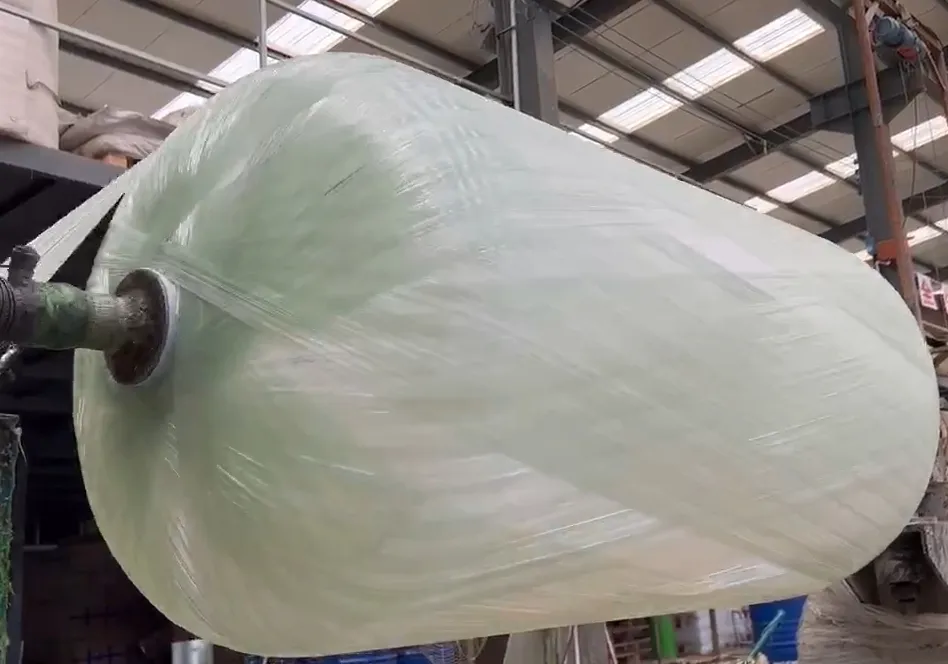loading...
- No. 9, Xingyuan South Street, Dongwaihuan Road, Zaoqiang County, Hengshui, Hebei, China
- admin@zjcomposites.com
- +86 15097380338
- Welcome to visit our website!
industrial water treatment
Industrial Water Treatment A Crucial Necessity for Sustainable Operations
Industrial water treatment has become an essential component of modern manufacturing and processing operations. As industries strive to balance productivity with environmental responsibility, the importance of effectively managing water resources cannot be overstated. This article delves into the necessity, methods, and benefits of industrial water treatment.
Importance of Water in Industry
Water is a vital resource in various industrial applications, including cooling processes, cleaning, and as a reactant in chemical reactions. However, the quality of water directly impacts both operational efficiency and compliance with environmental regulations. Poor quality water can lead to equipment corrosion, scaling, and reduced product quality, ultimately resulting in increased costs and operational downtime. Thus, industries must implement effective water treatment solutions to ensure the availability of clean water and protect their assets.
Methods of Industrial Water Treatment
Industrial water treatment involves several processes tailored to meet specific operational needs. One of the primary methods is filtration, where suspended solids are removed from water using physical barriers. This is often followed by coagulation and flocculation, where chemicals are added to aggregate smaller particles into larger ones, facilitating their removal.
Another critical method is reverse osmosis (RO), a process that employs a semi-permeable membrane to remove impurities from water. RO is particularly effective for desalination and is widely used in industries requiring high-purity water, such as pharmaceuticals and electronics.
industrial water treatment

Additionally, biological treatment methods leverage microorganisms to break down organic pollutants in wastewater. These methods are becoming increasingly popular as they are often more cost-effective and environmentally friendly compared to chemical treatments.
Benefits of Industrial Water Treatment
The benefits of industrial water treatment extend beyond regulatory compliance. By ensuring the availability of clean water, companies can enhance their operational efficiency, reduce equipment maintenance costs, and improve the quality of their products. For example, industries that rely on steam generation for power can achieve higher thermal efficiency through the treatment of feedwater, thus saving energy and reducing operational costs.
Moreover, effective water treatment promotes sustainability by minimizing waste and reducing the environmental impact of industrial operations. By recycling and reusing treated water, companies can conserve freshwater resources and contribute to the overall health of local ecosystems.
Conclusion
In conclusion, industrial water treatment is a critical aspect of manufacturing and processing that ensures operational efficiency and environmental sustainability. By implementing advanced treatment methods, industries can not only meet regulatory requirements but also reestablish their commitment to sustainable practices. As global water scarcity continues to grow, investing in effective water treatment solutions will be paramount for industries aiming to thrive in an increasingly competitive and environmentally-conscious marketplace. Embracing these practices not only benefits individual companies but also supports broader societal efforts to manage water resources responsibly.
-
The Rise of FRP Profiles: Strong, Lightweight, and Built to LastNewsJul.14,2025
-
SMC Panel Tanks: A Modern Water Storage Solution for All EnvironmentsNewsJul.14,2025
-
GRP Grating: A Modern Solution for Safe and Durable Access SystemsNewsJul.14,2025
-
Galvanized Steel Water Tanks: Durable, Reliable, and Ready for UseNewsJul.14,2025
-
FRP Mini Mesh Grating: The Safer, Smarter Flooring SolutionNewsJul.14,2025
-
Exploring FRP Vessels: Durable Solutions for Modern Fluid HandlingNewsJul.14,2025
-
GRP Structures: The Future of Lightweight, High-Performance EngineeringNewsJun.20,2025
